There are many different ways you can go about studying the Bible on your own! Some methods work better for methodical, linear thinkers, while other methods are better suited for the non-linear or creative types.
ABC Method
TITLE – the catchier, the better! Memorable means you'll likely think about it again later.
BEST VERSE – a verse that sums up the passage as a whole, or communicates a major theme. Or just your favorite verse. Why did you choose it?
CHALLENGE – the action or application step of the study. What is the passage encouraging or challenging you to do? The acronym SPECK can help you identify options for response: i) Sin to confess; ii) Prayer to pray; iii) Example to follow; iv) Command to obey; v) something that increases your Knowledge of God.
DIFFICULTIES – things in the passage that you have questions about, don't understand fully, or you think other people might ask questions about. Dive into these questions; look up words (even if you think you already know what they mean), research the history and culture of the passage, read a commentary, etc. Investigate!
ESSENCE – put the main theme or point of the passage into your own words as a way of processing and internalizing the message.
chapter study method
CAPTION – the catchier, the better! Memorable means you'll likely think about it again later.
CONTENTS – summarize, outline, or describe the chapter. Don't interpret yet! Just write the facts.
CHIEF PEOPLE – write down the people included in the passage (like the author/speaker, audience, subjects, etc). Why are they included? Which person or people are central to understanding the passage? Why do you think so?
CHOICE VERSE – a verse that sums up the passage as a whole, or communicates a major theme. Or just your favorite verse. Why did you choose it?
CRUCIAL WORDS – identify key words in the passage. Hint: they're usually repeated, expanded on, defined, etc. Why are these words important for understanding the passage? Look the words up in a dictionary and read through the definitions.
CHALLENGES – things in the passage that you have questions about, don't understand fully, or you think other people might ask questions about. Dive into these questions; look up words (even if you think you already know what they mean), research the history and culture of the passage, read a commentary, etc. Investigate!
CROSS-REFERENCES – look up other verses that talk about concepts or themes similar to those in the current passage. How do these other verses help you understand the passage better?
CHRIST SEEN – where is Jesus in the passage? Sometimes this is obvious; other times it takes more digging. How does this passage show you more about Jesus' purpose and sacrifice and our subsequent salvation?
CENTRAL LESSON(S) – record main themes, principles, concepts, lessons. What is at the core of the passage that God is revealing to you?
CONCLUSION – based on your study of the passage, what will you do about what you've learned? How does it apply to your own life?
freewriting
This is a very open-ended method for reading and studying the Bible. Choose a passage, and read through it several times. What are you curious about? What do you see as a main theme? Are there other verses or passages that connect to your main passage? How would you talk to another person about the contents of your passage? As you have questions, write them out and attempt to answer them on your own before looking up others' thoughts about them. This is a great method to do with a friend, spending 20-30 minutes processing on your own and then sharing and discussing your thoughts.
art journaling
Read through your passage several times. Is there a picture or image that comes to your mind? Try drawing it out, and don’t get caught up in how "good" or "bad" it looks. Simply fleshing out a mental picture and putting it on paper is a great way to process and explore your understanding of scripture.


